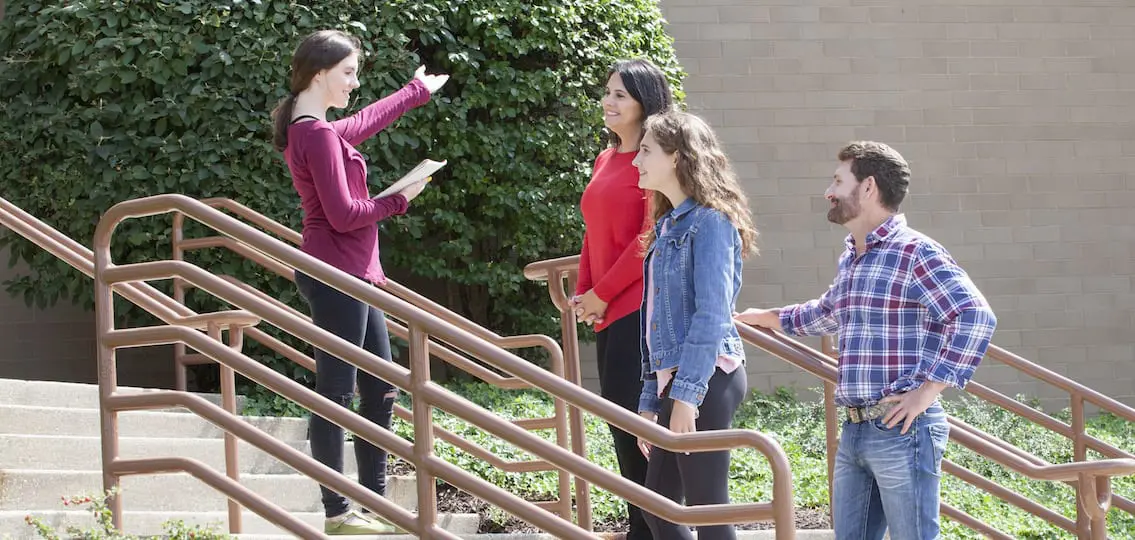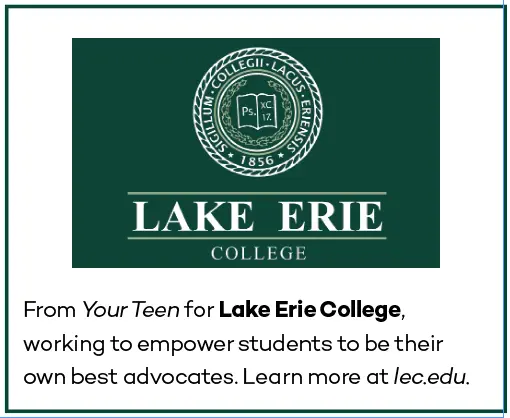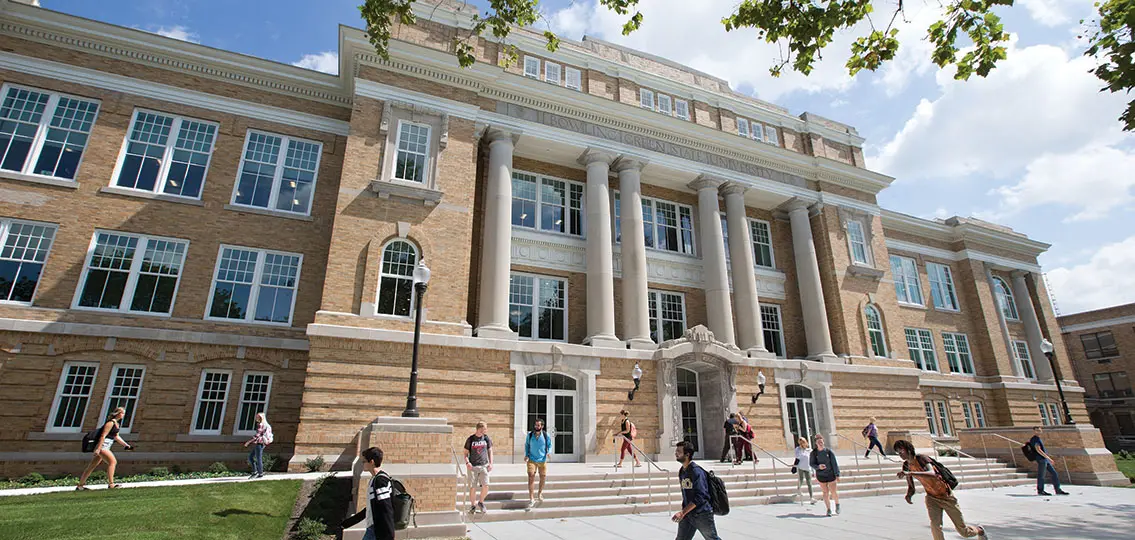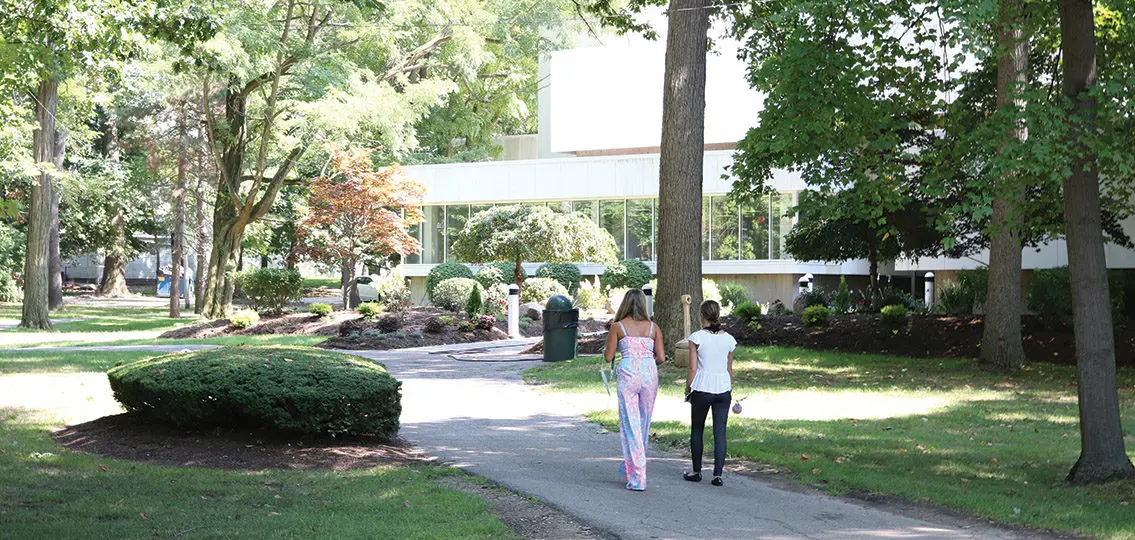“You’ll know it when you see it.” I’d heard this advice about using a campus visit to help teens find their ideal school, but I didn’t fully understand until we experienced it firsthand.

My son hoped to attend college in a major metropolitan area, so we headed to Chicago to visit two schools that fit his abilities and interests—one located in the city’s core, the other on the outskirts. He assumed he’d prefer the more urban one, but as we wandered around the second school with its more quintessential campus feel, he whispered, “I think this is what I am looking for.”
That experience cemented my belief that no piece of literature can replicate the feeling of actually experiencing a campus. After all, most schools have slick marketing materials and splashy websites, notes Mike Brown, vice president of enrollment at Lake Erie College in Painesville, Ohio. That’s why he believes it’s hard to find your perfect fit without a campus visit. Here’s what you need to know to make it a success.
What to Do Before a College Visit
First, check the school’s calendar before you plan your trip; it’s best to visit a college campus when it’s in session (but not during finals) so you can wander the grounds and eat in a dining hall alongside students, as well as potentially sit in on a class.
| [adrotate banner=”145″] |
Be sure to sign up in advance for an official tour, as visits can fill up a few weeks ahead of time. Also, it signals “demonstrated interest,” which some colleges consider in the admissions process.
Before going, make sure your student reviews the website, advises Jolyn Brand, a college consultant based in Houston. “Armed with sufficient background, you can ask more specific questions and gain deeper insights that can strengthen your application.”
Make sure your student also researches extracurricular options, suggests Brown. “You spend less time in the classroom in college than in high school, so find out what else is offered. For example, if you’ve been in the marching band, yet don’t want to be a music major, see if there are other arts-related opportunities to participate in.”
What to Do During the Campus Tour
Brown recommends that students position themselves near the tour guide and have a few questions to ask. “Trying to make a good impression and making yourself memorable is smart,” he says. “It shows the tour guide that this student really wants to understand what it’s like here.” At some schools, the tour guides do provide feedback to admissions staff on students who toured with them, albeit informally.

You’ll also want to check out the off-campus vibe. “Have a bite to eat, and find a theater or museum or any other activity that is important to you,” Brand says. “If your favorite pastime isn’t close or available, is there a way to get there, and if not, will you mind missing out for four years?”
Virtual Campus Tours
Of course, sometimes it’s just not possible to visit every college on your list, especially if you are coming from out of state. If this is the case, check out a virtual tour on the college’s website or on sites like CampusReel or YouTube. Contact the admissions office to find your area admissions representative, who will know whether the school is participating in a local college fair or even visiting your high school. They may also be able to connect you with local alumni or current students who can answer your questions.

However you go about it, Brown tells students to use the campus visit to help them hone in on what’s important to them. “Remember that your college choice is about your own personal formula, not your parents’,” says Brown.




